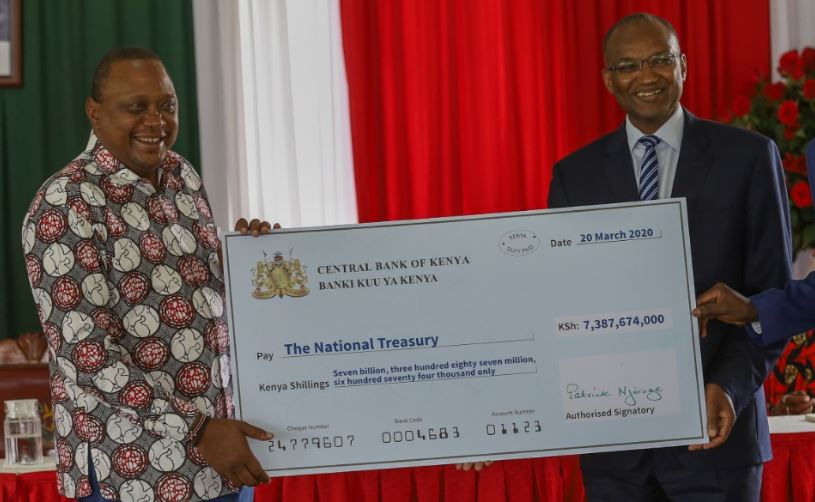×
The Standard e-Paper
Smart Minds Choose Us

The Government has put together a Sh141 billion war-chest to handle debilitating effects of the coronavirus that threaten to shut down the economy and disrupt livelihoods.